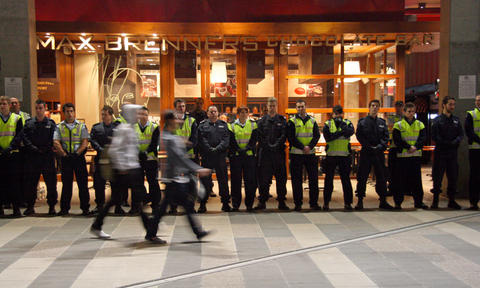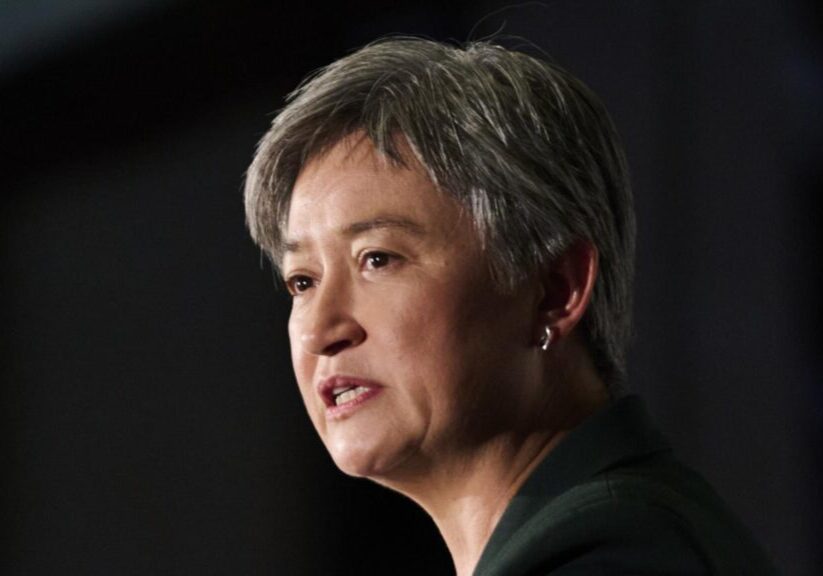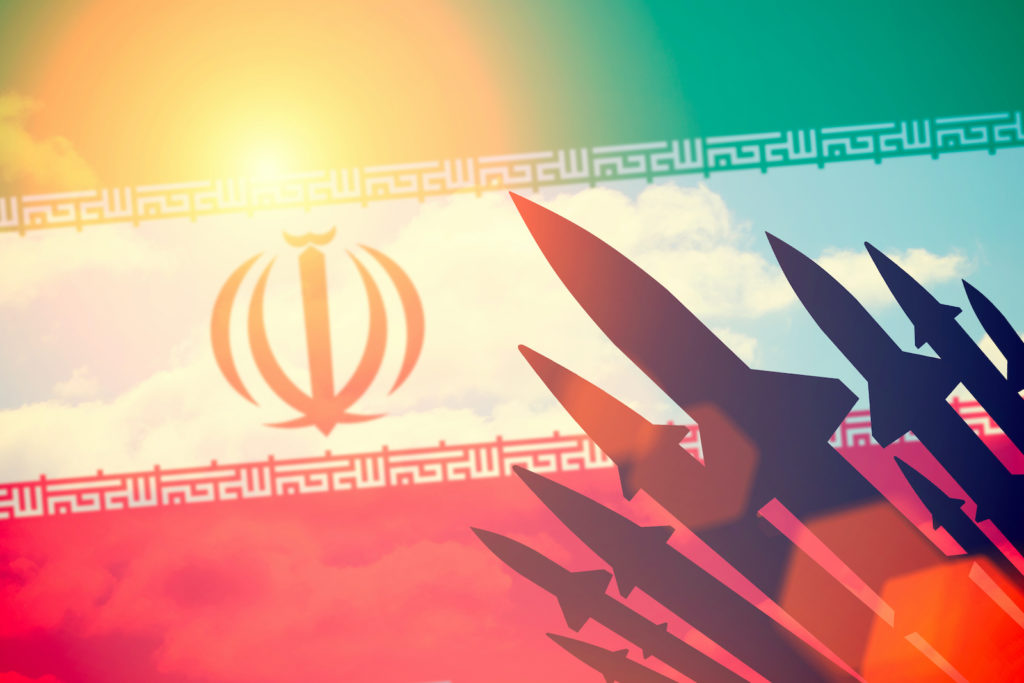IN THE MEDIA
Boycotters’ free expression costs businesses plenty
Aug 27, 2011 | Daniel Meyerowitz-Katz

Daniel Meyerowitz-Katz
The Australian – August 27, 2011
WE in Australia hold our right to freedom of political expression very dear.
There is no doubt that this right is fundamental; indeed, it may be the most important aspect of our democratic character. After all, what use would elections, fair trials and separation of powers be if issues could not be openly discussed and debated?
Also, there is no question that boycotts can constitute a legitimate form of political expression. Indeed, boycotts can and have been implemented against truly egregious human rights offenders in the past, such as apartheid-era South Africa, and could be justified against the likes of Syria, Burma or North Korea today.
With this in mind, it may be reasonable to question the recent request from the Victorian government that the Australia Competition & Consumer Commission investigate the activists proposing a boycott of Israeli businesses, such as the Max Brenner chain, and products for possible breach of anti-boycott legislation. Was the Victorian government effectively attempting to stifle their right to freedom of political expression? Will this precedent lead to making it illegal in future to institute boycotts of truly egregious offenders?
This is simply not the case in reality. The law has been constructed to allow boycotts for legitimate political purposes but to prevent any that unnecessarily harm Australia’s businesses. It was not the message of the protesters that was potentially unlawful but their behaviour.
The Australian anti-boycott laws fall under part IV of the Competition and Consumer Act 2010 (Commonwealth), formerly the Trade Practices Act, which exists to protect competition between businesses in Australia.
The anti-Max Brenner protesters are being investigated for breach of s 45D, which forbids a person in concert with a second person from engaging in conduct “that hinders or prevents a third person supplying goods or services to a fourth person or a third person acquiring goods or services from a fourth person and that is engaged in for the purpose, and would have or be likely to have the effect, of causing substantial loss or damage to the business of the fourth person”.
Such conduct can include threats, verbal intimidation and physical interference. It does not prevent all action against any business, only action that interferes with the perfectly legal supply of goods or services to or by a person or company.
Moreover, boycotts that relate to employment matters, industrial action or protection of the environment or consumers are exempt from any prohibition. The Federal Court has noted that in so doing, parliament was conscious of ensuring that the “fundamental democratic right of expression of opinions . . . should not be unduly proscribed or constrained”.
Actions that have not been permitted include the entire NSW milk industry refusing to supply milk to a supermarket that chose to also sell milk from Victoria and animal rights activists placing shredded ham in sheep feed so the sheep could not be exported.
In other words, this law is not there to stop people from boycotting businesses on political grounds. What it does is prevent boycotters from intimidating others into going along with their boycott or otherwise preventing people from accessing goods or services they are perfectly entitled to acquire.
If the boycotters had been peacefully promoting their cause to the public, however concerning their beliefs, they would not have broken any laws. However, this was not the case. They have repeatedly chosen to act riotously and aggressively, screaming hateful slogans, illegally blocking the entrance to Max Brenner, scuffling with police and creating a scene that would deter any reasonable person from entering — not for political reasons but because any sensible person would tend to steer clear of an aggravated mob clashing with police outside a cafe.
In fact, footage from the protests shows an entirely empty food court in what is normally a busy shopping centre: the boycotters were not only scaring customers away from Max Brenner but from the other shops and restaurants in the area.
Of course, it is questionable in the first place to organise a boycott of an Australian franchise of an international chain of chocolate shops simply because it happens to be Israeli-owned and the Israeli parent company provides “care packages” of food to Israeli soldiers. This irrational hatred and drive to attack anything remotely linked to Israel is quite frightening, as is the myopic world view it represents. These boycotters are characterised by a complete lack of nuance in their understanding of the conflict and in their evaluation of themselves. Their Middle East is a zero-sum game, where Israel represents the root cause of every problem and is thus to be shunned, while Palestinians can do no wrong.
Even so, they have the right to boycott everything to do with Israel. Of course, any rational person would understand that such a boycott is an assault on co-operation between Israel and Palestine and will only drive the two peoples further apart. That is why everyone from Andrew Bolt to Kevin Rudd has condemned the boycott and why there was so much public criticism when it was adopted by Marrickville City Council last year.
Being stupid, however, is not illegal. Harming Australian businesses by effectively preventing access by other people for no good reason is.
Daniel Meyerowitz-Katz is a policy analyst with the Australia/Israel & Jewish Affairs Council.
Tags: Anti-Zionism











